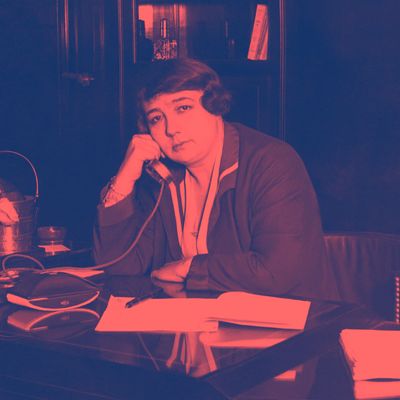
In 2007, the Onion wrote a perfect Onion headline: “It Only Tuesday.” In three words, the satirical newspaper captured the mysterious way time seems to slow down upon reaching the second day of a typical workweek, something many others have noted as well. The last weekend feels like it was ages ago. Next weekend is ages away. How can time seem to slow down in the middle of the week, and why?
The brain, studies on time perception have shown, has a strange way of stretching and squishing time depending on the drugs you may be on, the emotions you are experiencing, and even the amount of attention you pay to the moment. In some neurological conditions such as schizophrenia, scientists have suggested that time perception may go awry to the point that the seamless stream of reality disintegrates, and events lose their logical relationships to each other.
One of the most dramatic examples in healthy minds is when people come face to face with death or the possibility of death — situations like a car crash, skydiving, or a physical attack. Of course, this near-death time distortion is subjective and, therefore, hard to measure. But scientists have signed off on its universality by putting people in terrifying new situations. In one experiment, for instance, volunteers who took their first-ever sky dives tended to overestimate how long the jump lasted. And the more fear they reported before and during the jump, the longer it felt to them.
One theory holds that perhaps, in life-threatening situations, our heightened senses give us a higher temporal resolution. This term refers to the idea that when we’re on alert, we may be able to absorb more information than we normally would, as if we’re seeing the world in slow motion. But this doesn’t seem to be the case, as shown by neuroscientist David Eagleman and colleagues and their brave students who jumped from a 31-meter tower in Dallas, Texas. (They jumped onto a safety net, but still.) The volunteer jumpers did feel as if the fall lasted forever, but they didn’t get any better at reading information from their wristwatches as they fell. In other words, it seemed their time warp was more of a retrospective assessment — a memory, in other words.
But Tuesdays, as bad as they may often be, are nothing like hurtling toward hard ground. They are dull and unemotional. We need a different hypothesis to explain Tuesdays.
Perhaps this phenomenon has something to do with the contrast of workdays and weekends, and how the brain uses contextual clues to assign time stamps to events. Evidence suggests memories of similar events or those that happen in the same context get registered as having occurred close to each other in time. For example, things that happened in a party would be packed together in your memory, standing apart from things that happened in the cab afterward.
In 2014, neuroscientist Lila Davachi of New York University and her Ph.D. student Youssef Ezzyat replicated this effect in the lab, and identified the patterns of activity in the hippocampus — the brain’s memory hub — that match this grouping of events in the mental timeline. I asked Davachi whether a similar mechanism could be behind the Tuesday effect. Does the sudden change of schedule and place on Monday disrupt our sense of time, pushing the memories of Sunday (hopefully spent in nature outside an officelike environment) further back in the mental timeline and away from Monday memories, leaving us with a vague sensation of a time gap in between?
The short answer is a tentative yes. Coincidentally, Davachi is conducting an experiment to investigate almost exactly that — whether our estimates of durations get distorted by introducing a change in an otherwise-steady sequence of events, and how brain activity in the hippocampus tracks this. “We see that the more hippocampal neural activity changes with time, the longer you rate those events,” Davachi said. “So, your intuition that Tuesday seems to drag is borne out in our data, at least for now.” These results are very preliminary though, she cautioned.
The richness of memories — in other words, the amount of detail we remember — could be another factor playing into the disproportionate weight of Tuesdays, said cognitive neuroscientist Virginie van Wassenhove of CEA/INSERM Cognitive Neuroimaging Unit in France. Sundays are typically spent resting, socializing, watching TV — predictable activities. Workdays, on the other hand, may present a tsunami of tasks, meetings, emails — a lot of information for the brain to process and memorize. “Considering the amount of stuff that you’ve been engaged with during workdays, your recollections of these days are encoded with high granularity, taking a lot of space, so to speak, in memory,” van Wassenhove said. This, to some degree, mirrors what happens during free fall, and could perhaps influence the perception of time on the scale of days, making Monday and Tuesday feel longer to our brains.
It’s tempting to complain about Tuesdays, not to mention the brain’s apparent vulnerability to time distortion. But to do so is to neglect the fact that the brain actually does an amazing job keeping track of time down to milliseconds, something central to all of its vital functions. “You can think of the brain as a time machine. The fundamental structure of brain function is very dynamic, but it has specific time constants that you just can’t violate. The extent to which information can be encoded is not going to be widely variable,” van Wassenhove said. “But your apprehension of this information in moments, surrounded by emotions and attention, can vary a lot.”




